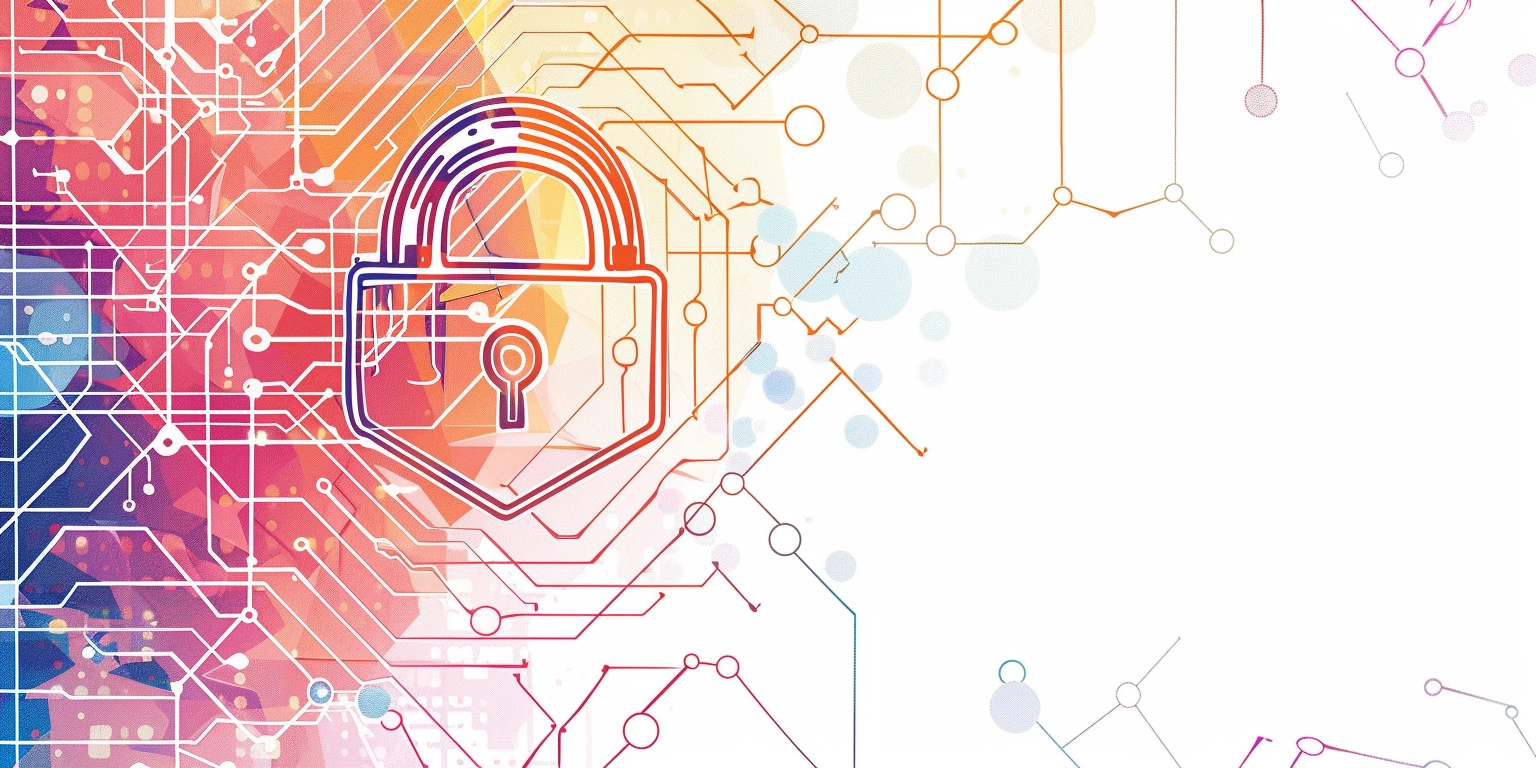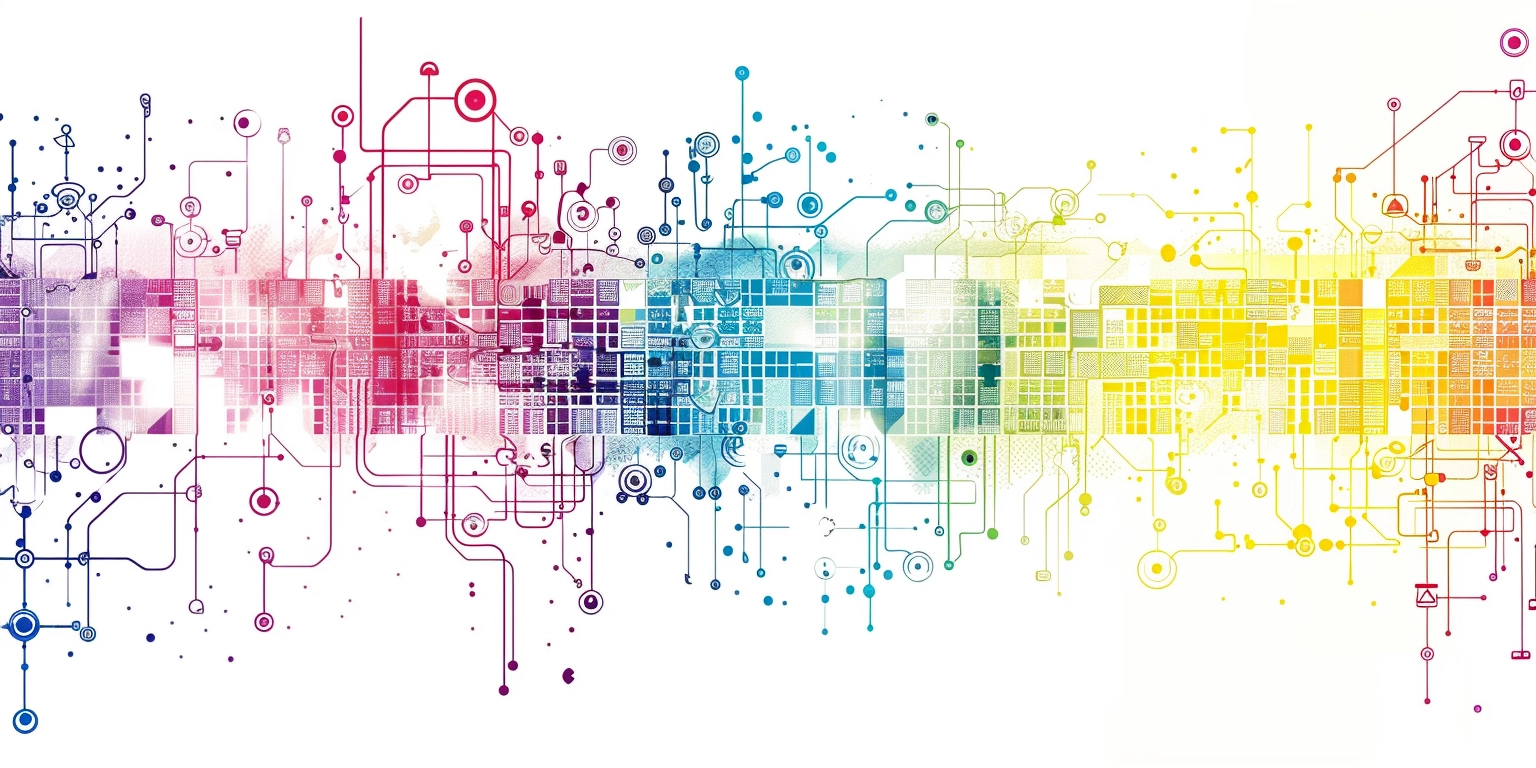Data Breach

India’s new draft data protection law mandates that data fiduciaries must notify affected individuals and the Data Protection Board of a breach, but it lacks specifics as to timelines or remedial actions. I worry that over-reporting minor incidents could lead to public desensitization, and would have preferred a more balanced approach that only requires notification of only the most high-risk breaches, similar to the European GDPR.



